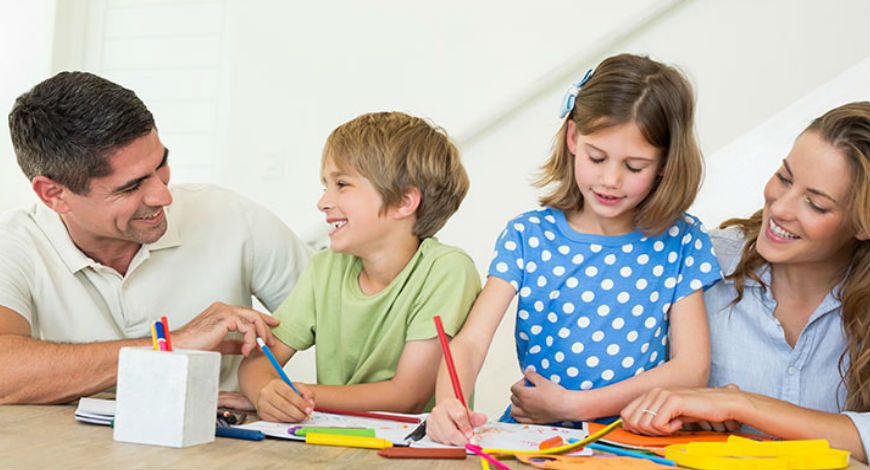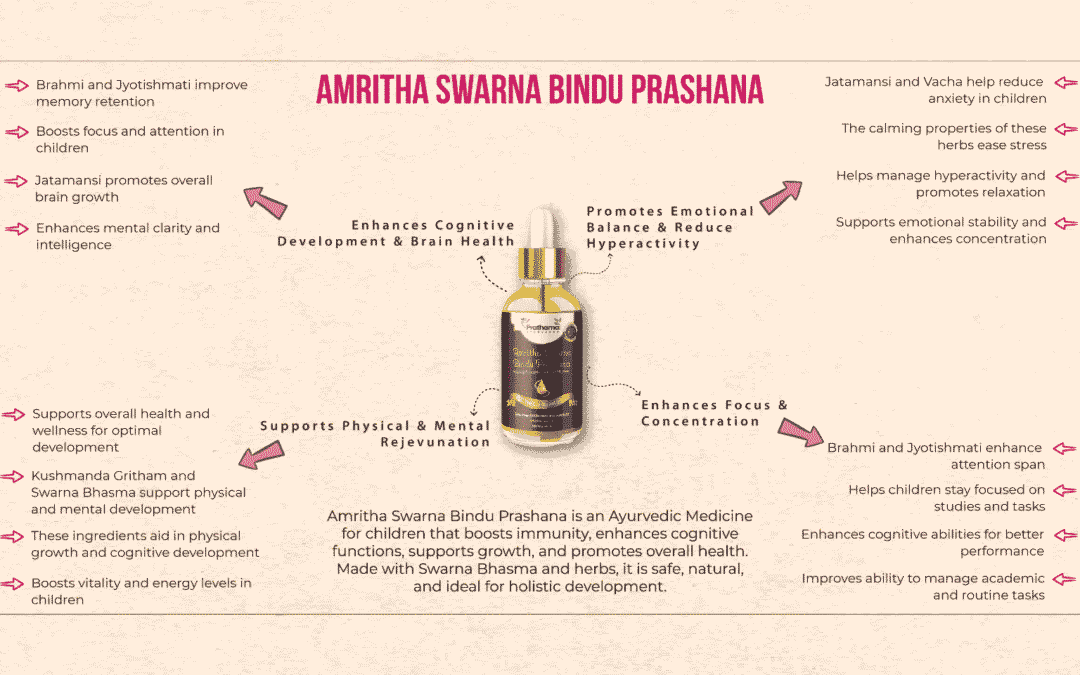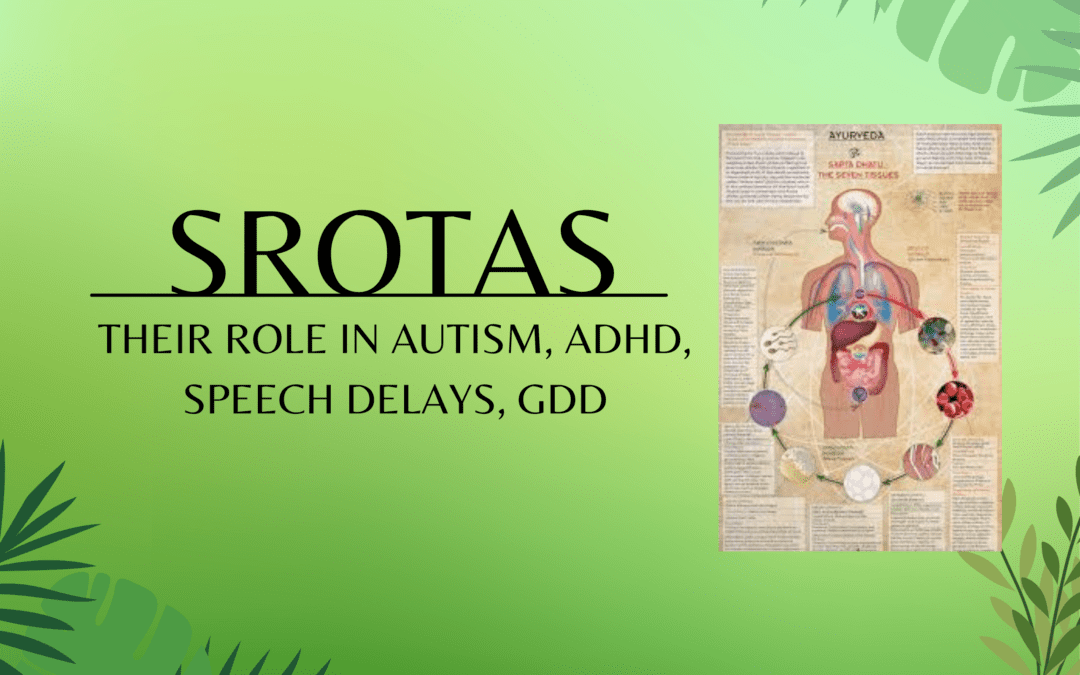Being called Mom and Dad is one of the best feeling in the world. You might eagerly waiting since years just to hear your kid calling you—nothing less than a miracle. Before they start speaking, they observe you, your sparkling eyes and try to reciprocate the same. If you blink—they blink, if you smile—they smile at you in return. At the end of the day, Parenthood is all about healthily nurturing of your kid. This is why it is essential to understand that your toddler is just a loofah who observes what you do or say.
Keep this in mind; parenting is a beautiful gift from God that comes with numerous challenges. You can only enjoy this gift at the fullest if you are aware of Good-Parental-activities.
Sometimes, what happens, that even after proper care and love, kids tumble apart from their parents. The reason could be anything like lack of communication, interaction or involvement during the early stage of childrearing and basic parental activities involving all these.
This bond (Parent-infant) is eternal but can easily be shattered if you lack basic parental practices. So, to help you, we have come up with some essential mother-infant bonding tips that will help to build a strong relationship with your kid.

Practice Communication as much as possible
If you can’t communicate, your kids won’t be able to hear what you want to tell them and eventually, it will convert into a habit. You got it, right? Communication is the first step towards having a strong relationship with your infant.
Let’s take an example…….
You have hired an expert speech-language pathologist; the person who is talking to your kid more than the expert should be you. They can’t be with your kid all the time but you can. Take help, make notes, learn from the expert—how to develop communication with your kid.
Here are some basic practices……
1. Expansion
At an early age, when your kid has just started speaking, repeat his words by adding a phrase to it.
Like, if your kid says, “cat!”, You can say, “yes baby, a brown cat!”
You just have to encourage him to speak full sentences with good voice pitch (neither too loud nor too low). Speak normally to him. If your kid has not started speaking yet then communicate around him a lot like while having dinner tell him what you are eating etc.
2. Self-talk
In this method, communicate with your kid in a child-language to make him understand “what you are doing”. Like, tell him where you are going with him, what are you smelling, what colour are you wearing etc. It will help him to develop basic vocabulary.
3. Parallel-talk
Quite the same method as self-talk, but here you will tell him what he is doing. Narrate him that he is playing with a ball or a car, the colour of the object, how the object is moving. Make a story or a sentence to explain to him, what he is touching, smelling, eating and playing.
4. Keep them engaged with pattern books
Books don’t judge, they educate. Keep your kids engaged with pattern books where they can see shapes and other objects. Teach them with polite sound pitch, show them real-life examples at home, while visiting outdoors. It will help them to build a strong memory.
For instance, …
While visiting a park, ask them what they are seeing by pointing at a flower, tree, mountain or any object accessible.
Help them to design a “this is me” and “my family & friends” album
Your kid’s relationship with your family and his friends is as important as yours. Help him to design a “this is me” and “my family & friends” album. Make it his favourite game to guess “who is this” and clap for him, praise him every time he tells a correct answer. It will encourage him to build strong communication and relationships with other people also. Express your feelings clearly, For example: If you are not liking whatever he doing – Tell him, “ Mummy/Daddy is not liking it & most important ask or suggest him to do what you want him to do.
When should you take help of experts?
If you suspect that your kids is not responding to your activities properly—take help of experts. It happens and is common among kids. Some toddlers easily outgrow such issues, others might require speech therapy. To consult with our experts, feel free to get in touch with us at +91 99897 59719 we would be more than happy to reply you.






0 Comments